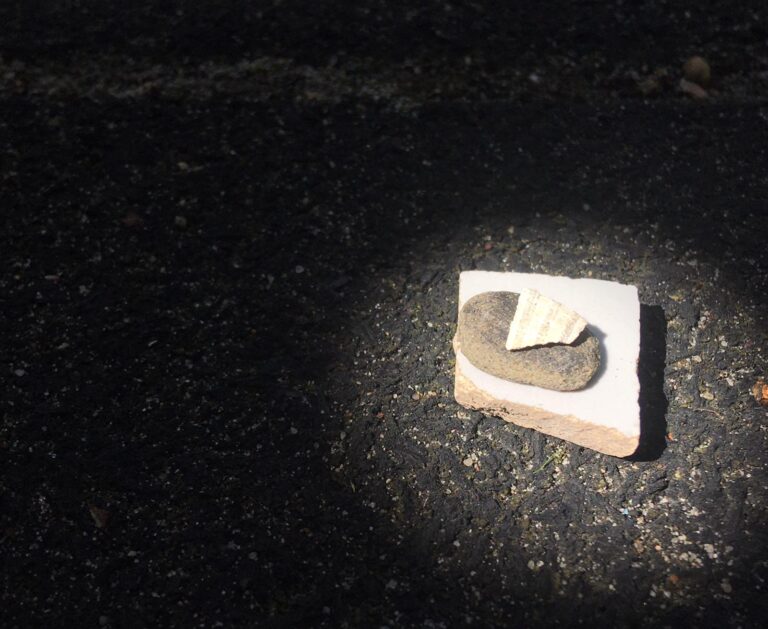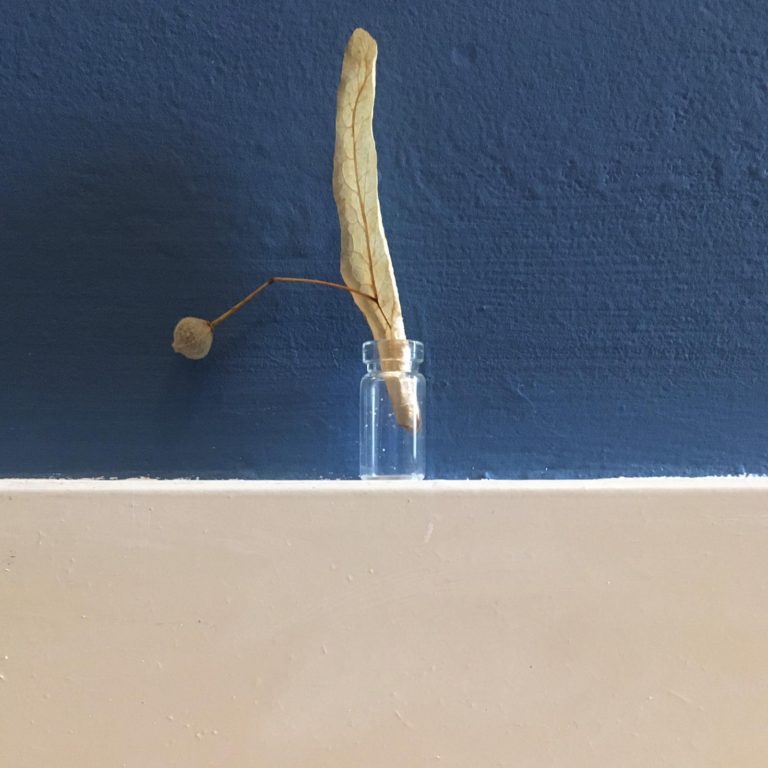In six long and short months what I pay attention to has changed fundamentally. For an appraisal of now and what I will need from life ahead – I have to reach back and track the shift.
It’s the end of January. My friend’s advice from her location of Taiwan gradually builds a real possibility in me here in the Netherlands. Whilst the realities are hidden from public view, the virus is being detected in Paris. Still keeping quiet about it, the authorities don’t mind me crossing borders in late February. We have visitors at the beginning of March and as they board a flight back to London – those who rule finally act. Lockdown.



The daily world shrinks, amidst a flurry of doing. We set up a whats app group of families committed to taking care of one another should the virus come to their households. We check with those most vulnerable, we want to know where they sit with these new rules. Glad for compliance and wary of their sense of it not affecting them – we become their accountability.
The geography of our attention changes. Whilst reaching out virtually, by phone, by text, in imagination and memory, our body is getting used to a contained, routine existence. The energy of crisis dissipates and now we must build daily life within the home, within what can be walked to, within our bodies.
The small decked garden that is usually left unused and slippery in favour of the public spaces is now attended to. The attention spreads through the living spaces and systems, the living routines of daily life. We begin to refine and redesign. Excited by resourcefulness we find what we need to make new workspaces. Repurposing, we organise and create with what is to hand.
New space, and new boundaries come too. The freelance work that pays to sustain and nourish our bodies stops. The vague certainty about future earnings that usually carries us through dissolves. Questions about the year and years ahead are in relief. Time is edged with the anticipation of a call: someone is infected, someone is on their way to hospital, someone is declining.
To reply this new vulnerability, do something with the feelings, we administrate, organise, get hands dirty with bureaucracy. Property, savings, budgets and plans. We project and check. We guide elders who hadn’t had time, didn’t understand, don’t want to face what has now become necessary. The geography of attention expands into futures of loss. Futures of taking care.
Vitality is woven between this attention to the endings. We sleep, we eat, we walk, we pause. Our brains accumulate familiarity so we look more carefully and make what was always there into something new. There is time in the community garden, at the
old graveyard. We are experts in clouds. We learn that we do know how to make food that delights and nourishes. We are grumpy, shout at one another, recover.
Beyond a household we are allowed to gather in triangles, 1.5m between each body. We learn to take all friendship time, all playmate time, besides and behind one another. Walking, cycling, on the move in the air. We learn to stand apart, to stop hugging,
After it all “normality” was greedily resumed. Returning to the commute, the restaurant, routine consumption, travel, the buzz beyond household and local. But the richness of what we learned cannot be unlearned. The proximity of our vulnerability has been revealed, it is not easily hidden again. We now carry the truth about what matters within the details of our lives.
The future is held in the question: how will the public world adapt to this new inner reality?